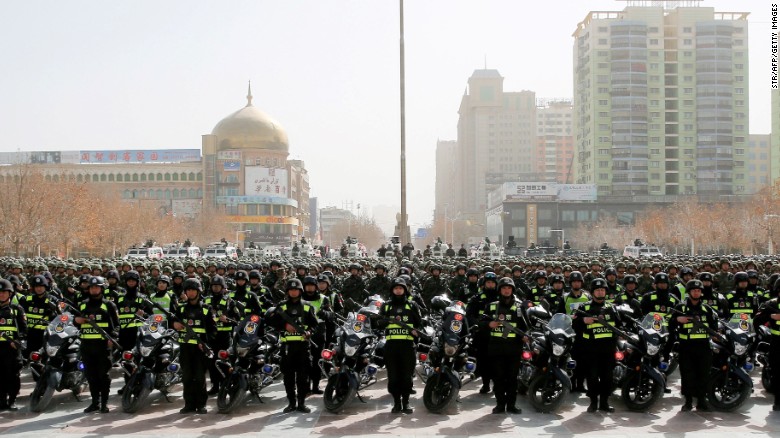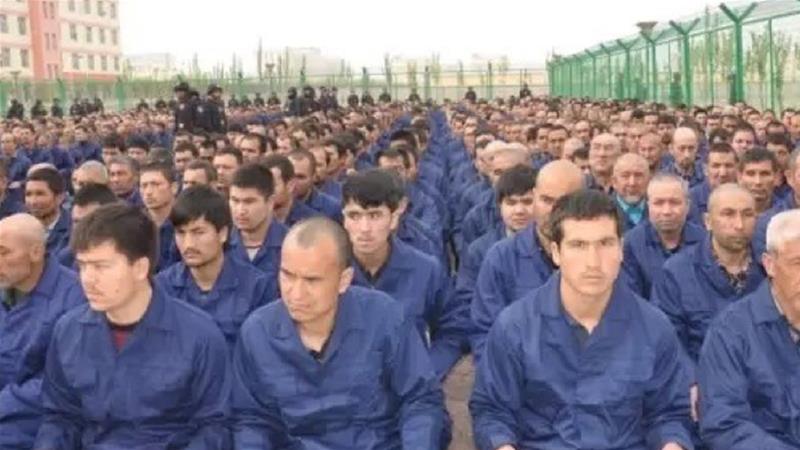China is Installing Spyware to Creep On Tourists’ Phones
 Thirsty for JUICE content? Quench your cravings on our Instagram, TikTok and WhatsApp
Thirsty for JUICE content? Quench your cravings on our Instagram, TikTok and WhatsApp

Have you been planning a trip to China recently? Well, maybe you should consider postponing unless you’re perfectly okay with Chinese border agents rummaging through your photos, messages, contacts and even music.

In the Xinjiang region, Chinese border patrol are covertly installing an app called BXAQ or Fēng cǎi that is specifically designed to gather all your information to determine if you are an extremist, according to an investigation by The Guardian. This is because in Xinjiang, they adopt a heavy-handed approach to stopping extremist violence.
The tourists affected by this raid have said that they had no prior knowledge of this software and were not told by the authorities that it was going to be downloaded into their phones.

Reportedly, having Quran recitations or Japanese grindcore music is considered ‘extremist’ behaviour. Not only is this an invasion of privacy that encroaches on your religious beliefs (and music taste), the app further exacerbates this invasion by uploading your files to a server for safe keeping.

That’s right, China is collecting your personal information and preserving it in their own iCloud ala San Junipero from Black Mirror… except you’re not granted a utopian afterlife, you’re just granted entry into Xinjiang. Oooh, heaven is not a place on Earth!

The aforementioned region is infamously known for its strict monitoring of Uyghur Muslims and for making headlines due to their practice of violent and oppressive internment camps. Their heavy and unjustified policing of tourists and personal information is attributed to a narrow-minded mindset where the simple act of practicing peaceful religion is synonymous to an act of extremism. Maya Wang, a Chinese researcher for Human Rights Watch said,
“The Chinese government, both in law and practice, often conflates peaceful religious activities with terrorism. You can see in Xinjiang, privacy is a gateway right: Once you lose your right to privacy, you’re going to be afraid of practicing your religion, speaking what’s on your mind or even thinking your thoughts.”
Edin Omanović, of the campaign group Privacy International, stated,
“This is yet another example of why the surveillance regime in Xinjiang is one of the most unlawful, pervasive and draconian in the world.”

The Chinese authorities were contacted for comment by The Guardian but so far, it has been radio silence.
For more news, keep it here at JUICE.


 Get Audio+
Get Audio+ Hot FM
Hot FM Kool 101
Kool 101 Eight FM
Eight FM Fly FM
Fly FM Molek FM
Molek FM
